Legacy Stories
Ron Condrey
U.S. Navy Special Warfare Veteran Ron Condrey had a decorated military career over 14 deployments and 25 years of military service. In retirement, he was active in several Veteran Service Organizations and enjoyed skydiving with his wife Nicole and dog Via. On September 3, 2018, Condrey died by suicide in September 2018 after a three-year battle with depression, anger, and impulsivity. After his death, Nicole donated his brain to the VA-BU-CLF Brain Bank as part of CLF's Project Enlist. Nicole shared his story with CLF to spread awareness about brain donation in the military community and raise awareness for mental health among Veterans.
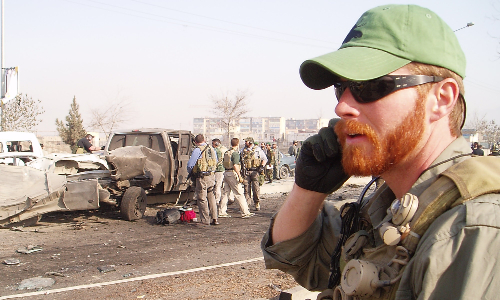
By Nicole Condrey, Ron's widow
Ron Condrey was a recently retired veteran of the US Navy from Salisbury, NC, finishing his career as a Master Explosive Ordnance Disposal (EOD) technician and Master Naval Parachutist in 2017. He dedicated himself on countless occasions over 14 deployments, conducting missions around the world in direct support of the Global War on Terrorism. His actions were recognized by numerous meritorious commendations, and for Valor. Throughout his 25 years of military service, Ron sustained a variety of injuries during combat and training, the most harsh of which included a variety of Traumatic Brain Injuries (helicopter crash, Humvee rollover, a fall down a mountain, and repeated blast exposures) and extensive orthopedic injuries, all of which posed significant challenges both during his career and as he made the transition through retirement to find new purpose in the civilian world.
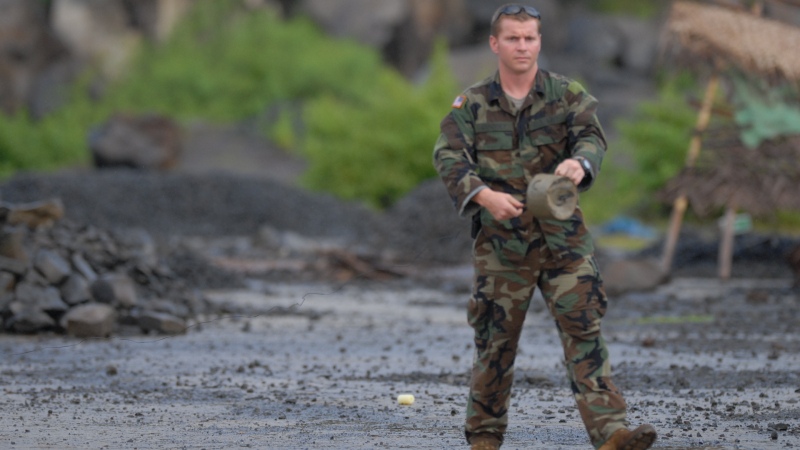
A true warrior whose passion was to serve his country and inspire others, he found purpose outside the military by honoring and supporting our country's military men, women, and families through his passions of skydiving, athletics, and the outdoors. He captained the Navy's Warrior Games team and volunteered with Combat Wounded Coalition, Spike's K9 fund, Navy SEAL Foundation, and Blue Skies for The Good Guys and Gals Warrior Foundation. After retiring from the Navy, Ron and his wife joined Team Fastrax professional skydiving team, traveling the country in support of our veterans and Gold Star families.
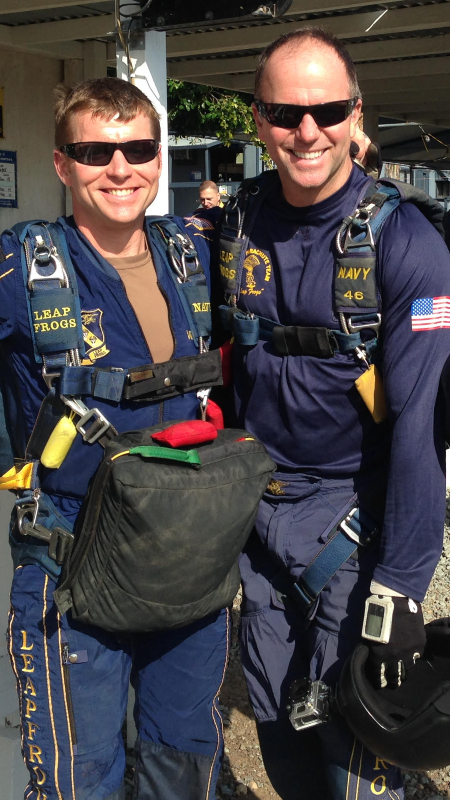
Ron ultimately died from the invisible wounds of war, stemming from his Traumatic Brain Injuries (TBIs). He lived in a suicidal state for nearly three years as he transitioned out of the military into civilian life. He felt that he had become a shell of the warrior he once knew: losing executive functioning skills, increased decision-making time, emotional uncontrolled bouts of anger, pushing everyone around him away. For a warrior, these losses meant that his defenses were weak, which resulted in his increased hyper-vigilance and a lack of trust in anyone and anything, to include himself. The TBI symptoms and misdiagnosis of Post-Traumatic Stress (PTS) set him into a downward spiral of depression.
Humans know very little about the brain, and doctors found it easier to diagnose Ron with PTS rather than the unknowns of TBIs. They gave him pills and convinced him that he was haunted by the visions of war, which had not affected Ron to date. Ron went to war expecting to see what he saw and returned a stronger warrior for it. Trusting doctors, Ron went through Prolonged Exposure treatment to “heal his PTS”. Instead of helping, this treatment only emboldened Ron’s feelings of worthlessness. Ron spent years of his life trusting doctors and addressing PTS when he could have been focused on the TBIs. While we have no certain answers about how to heal the brain, and the symptoms of PTS and TBIs overlap, their treatments for the most part do not. For a warrior, a visible wound and scar is a sign of pride. Invisible wounds inevitably result in judgement from bystanders and often loved ones, as they provide no immediate visual story or reminder. Yet they contain pains within the individual for which humans have no pill.
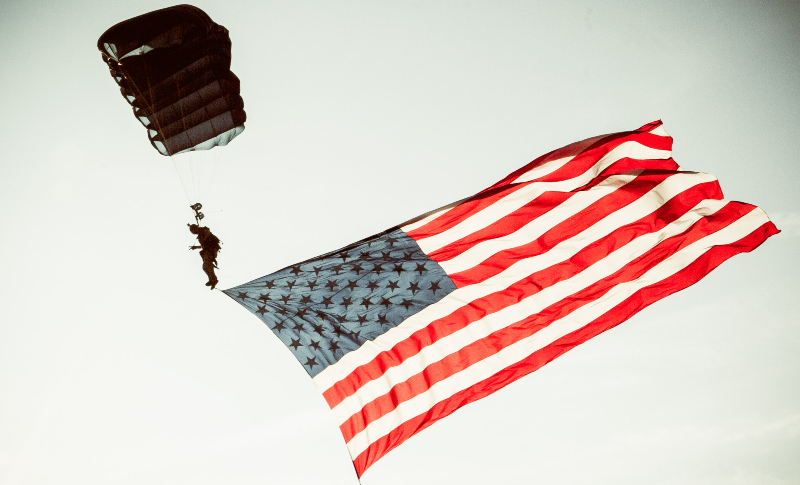
Ron would want his life to inspire you to get out and accomplish something greater than yourself: something you feel is just outside your reach. If something sounds like an extreme challenge, he would tell you not to hesitate and to attack it. He loved the quote, "Life begins at the end of your comfort zone." Ron has never stopped inspiring, and anyone who met Ron would know that he is grateful his brain and story continue to give back through the Concussion Legacy Foundation.
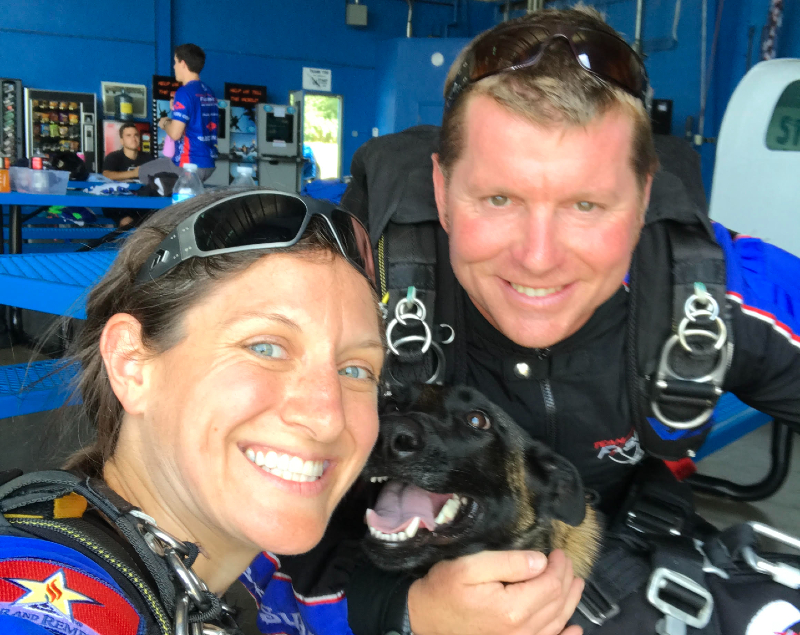
Suicide Prevention Resources

Nobody should have to go through a crisis alone. Dial 9-8-8 if you or a loved one is in crisis or suicidal.
Suicide Prevention Lifeline
We can all play a role in preventing suicide. Learn the five steps to help you #BeThe1To support someone in crisis.
#BeThe1To Resources